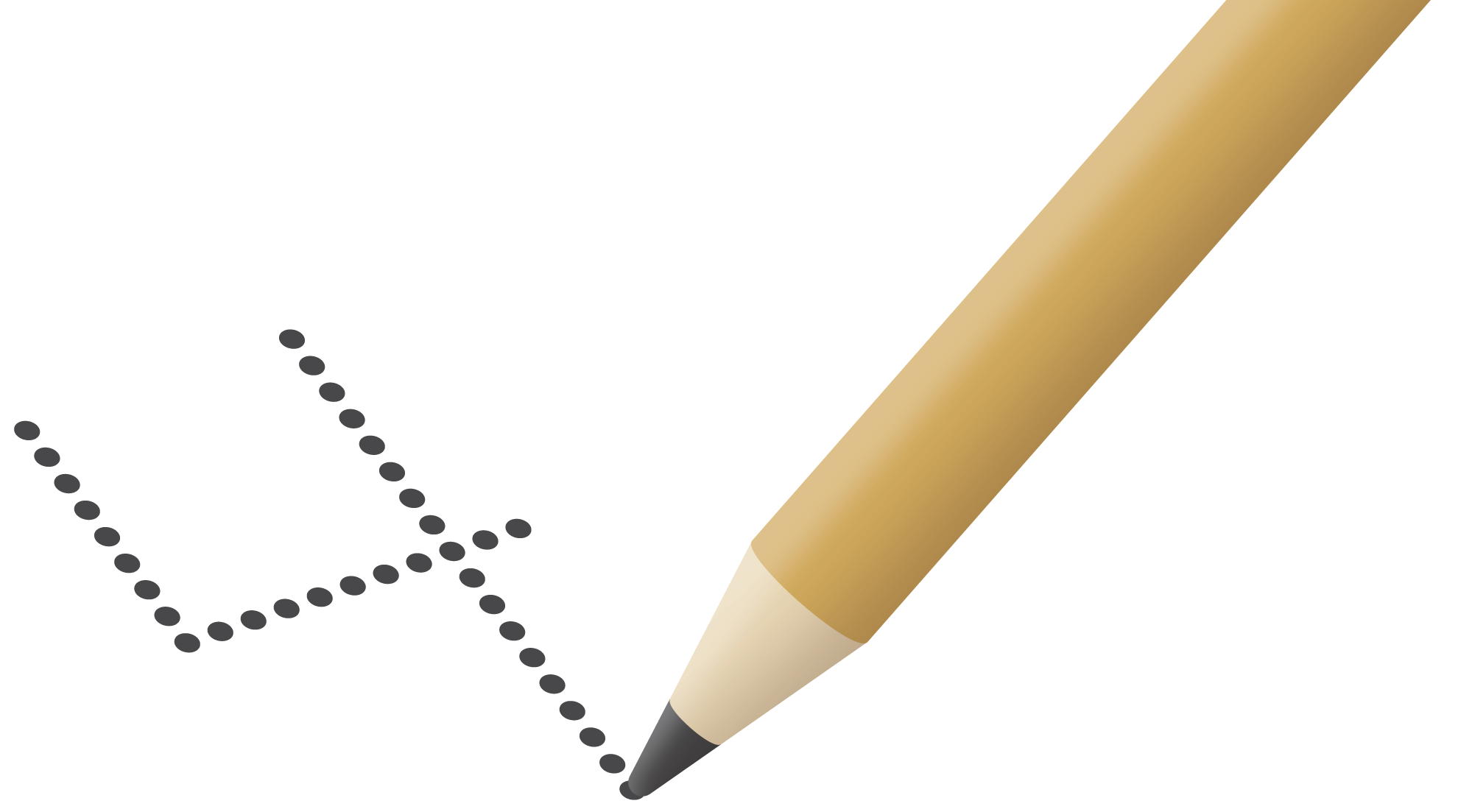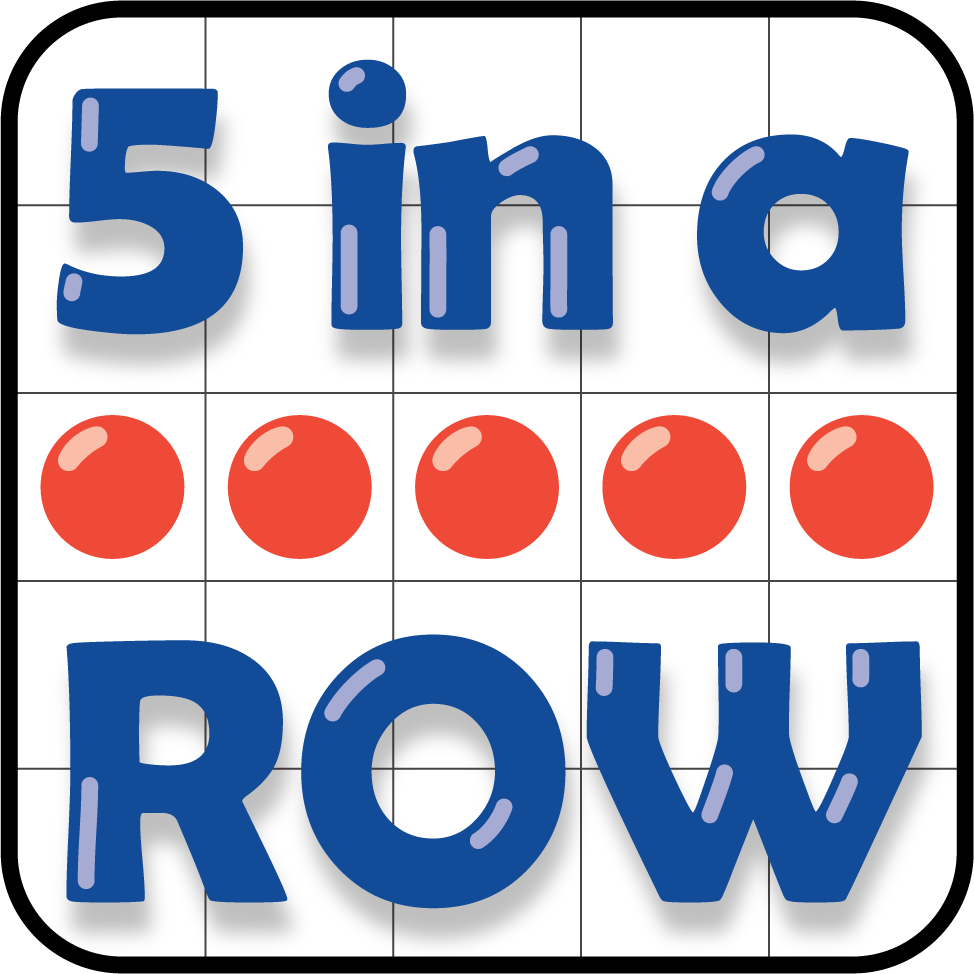Lesson 14
Let’s Compare
Warm-up: Choral Count: Plus 10 (10 minutes)
Narrative
Launch
- “Count by 10, starting at 3.”
- Record as students count.
- Stop counting and recording at 93, then count back by 10.
Activity
- “What patterns do you see?”
- 1–2 minutes: quiet think time
- Record responses.
Student Response
For access, consult one of our IM Certified Partners.
Activity Synthesis
- “Who can restate the pattern in different words?”
- “Does anyone want to add an observation to explain why that pattern is happening here?”
Activity 1: Which is More? (15 minutes)
Narrative
The purpose of this activity is for students to determine which number is greater. Students represent their number in any way they choose. Listen for the way students use place value understanding to compare the numbers and the language they use to explain how they know one number is more than the other (MP3, MP6). In the synthesis, students are introduced to the terms greater than and less than.
This activity uses MLR2 Collect and Display. Advances: conversing, reading, writing
Supports accessibility for: Conceptual Processing, Memory
Required Materials
Materials to Gather
Launch
- Groups of 2
- Give each group two paper clips and access to connecting cubes in towers of 10 and singles.
- Display 35 and 52.
- “Which number is more? Show your thinking using math tools. Be ready to explain your thinking to your partner.”
- 2 minutes: independent work time
- 2 minutes: partner discussion
- “Which is more and how do you know?” (53 is more because it has more tens than 35.)
Activity
- Read the task statement.
- “Each partner can choose to use Spinner A or B for each turn.”
- 10 minutes: partner work time
- Circulate, listen for, and collect the language students use to build numbers with connecting cubes, decompose numbers into tens and ones, and compare numbers. Listen for: bigger, smaller, more, fewer, greater than, less than, ___ tens, ___ ones, tens place, ones place.
- Record students’ words and phrases on a visual display and update it throughout the lesson.
Student Facing
- Each partner spins a spinner.
- Each partner shows the number any way they choose.
- Compare with your partner.
- Which number is more?
Spinner A:

Spinner B:

Student Response
For access, consult one of our IM Certified Partners.
Activity Synthesis
- “Are there any other words or phrases that are important to include on our display?”
- As students share responses, update the display by adding (or replacing) language, diagrams, or annotations.
- Remind students to borrow language from the display as needed.
- Display 93 and 26.
- “Which is more? How do you know?” (93 is more because 9 tens is more than 2 tens.)
- “We can say, ‘93 is greater than 26.’ We can also say, ‘26 is less than 93.’”
- Display 62 and 64.
- “Which number is more? How do you know?” (64 is more. They both have 6 tens but 64 has 4 ones and that is more than the 2 ones in 62.)
- “We can say that 64 is greater than 62. We can also say 62 is less than 64.”
Activity 2: Elena and Noah Compare Numbers (10 minutes)
Narrative
The purpose of this activity is for students to attend to the value of the digits when comparing two-digit numbers. Students evaluate and critique comparison statements and the thinking behind them (MP3). They attend to the way other students reason about digits and the language they use to compare, and make revisions to help make arguments more precise and clear (MP3, MP6).
Advances: Speaking
Required Materials
Materials to Gather
Launch
- Groups of 2
- Give students access to connecting cubes in towers of 10 and singles.
Activity
- Read the task statement.
- 6 minutes: partner work time
- Monitor for students who show their thinking using:
- connecting cubes
- drawings
- words
Student Facing
-
Elena says 75 is greater than 65 because 7 is greater than 6.
What do you think Elena means?
How could Elena be more clear? -
Noah says 39 is greater than 41 because it has a 9 and 9 is the greatest number.
Do you agree with Noah?
What could you tell Noah to help him compare these numbers?
Student Response
For access, consult one of our IM Certified Partners.
Advancing Student Thinking
If students agree with Elena, but cannot yet articulate how she could revise her thinking, consider asking:
- “Do you agree with Elena? Why?”
- “Can you show the numbers with connecting cubes? What does Elena mean when she says 7 is greater than 6 for these two numbers?”
- “Would Elena’s statement be true if she were comparing 7 and 65? Why or why not?”
Activity Synthesis
- Invite previously identified students to share.
- “When we compare numbers, it is important to pay attention to what place each digit is in and what value the digit has.”
Activity 3: Centers: Choice Time (15 minutes)
Narrative
The purpose of this activity is for students to choose from activities that offer practice working with two-digit numbers. Students choose from any stage of previously introduced centers.
- Write Numbers
- Grab and Count
- Five in a Row
Required Materials
Materials to Gather
Required Preparation
- Gather materials from previous centers:
- Write Numbers, Stages 1 and 2
- Grab and count, Stage 2
- Five in a Row, Stages 1–3
Launch
- Groups of 2
- “Now you are going to choose from centers we have already learned.”
- Display the center choices in the student book.
- “Think about what you would like to do.”
- 30 seconds: quiet think time
Activity
- Invite students to work at the center of their choice.
- 10 minutes: center work time
Student Facing
Choose a center.
Write Numbers

Grab and Count

Five in a Row

Activity Synthesis
- “Mai is playing Grab and Count with her partner. She organized her cubes into 4 towers of 10 and 3 ones. Her partner organized her cubes into 2 towers of 10. How many cubes do they have together?”
Lesson Synthesis
Lesson Synthesis
Display 44 and 64.
“Today we compared two-digit numbers. Which is greater? How do you know?” (64. 64 has 6 tens and 44 has only 4 tens.)
Display 59 and 54.
“Which is less? How do you know?” (Each has 5 tens, so I have to look at the ones place. 4 ones is less than 9 ones.)
Cool-down: Unit 4, Section C Checkpoint (0 minutes)
Cool-Down
For access, consult one of our IM Certified Partners.